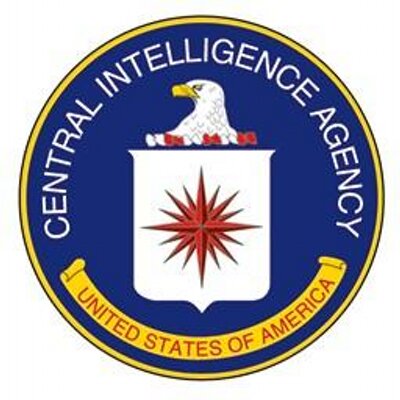The CIA has come in for a lot of public criticism over the last few years, centring on its treatment of prisoners. A fresh argument has reared its head, suggesting that the CIA may have broken the rules of Good Clinical Practice.
Papers published this week in The Guardian, suggest that the CIA has broken its own internal rules as well as the fundamental principles of GCP.

The argument goes like this…
1 – Torture is illegal. Waterboarding and other practices are “interrogation”, not “torture.”
2 – CIA interrogation practices were in many cases new ones devised with the oversight and in many cases supervision of psychologists and medical doctors from the Office of Medical Services.
3 – The CIA has particular guidelines on human experimentation, including the need for prior informed consent.
4 – The prisoners did not consent to the interrogation and therefor the CIA broke its own rules.
In addition, there is also the principle underlying all medical ethics, that any procedure should do more good to the recipient than harm.
I suppose you could argue that the detainees’ conscience will be clearer in the long run, knowing they have played their (albeit reluctant) part in helping save lives.
All of this is perhaps ironic given the fact that the one of the foundations of ICH GCP rules was the Nuremberg Code. This was published in 1947 following the prosecution of Nazi Doctors for unethical experimentation on prisoners. It paved the way for the Declaration of Helsinki which in turn helped inform the ICH GCP rules recognised worldwide today.
For more information on GCP, see Whitehall Training’s online course, ICH GCP in English.








